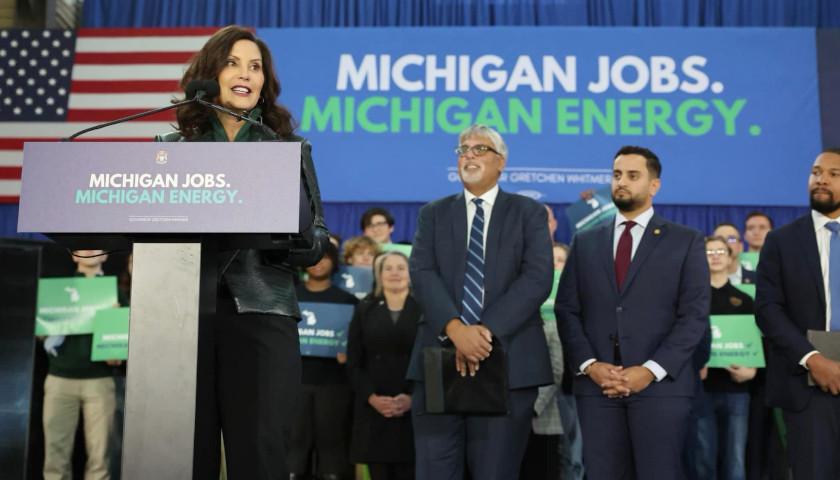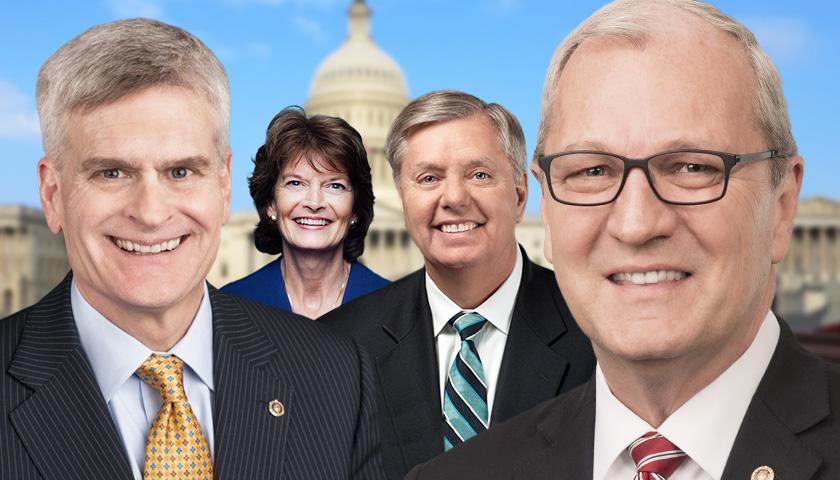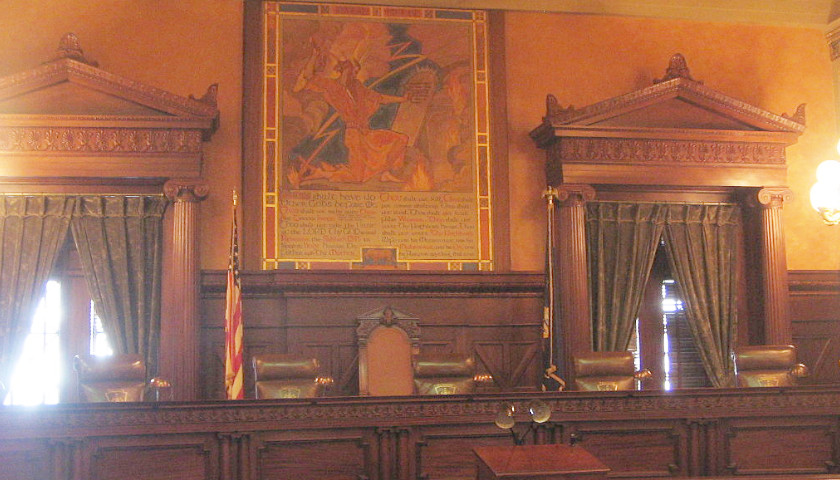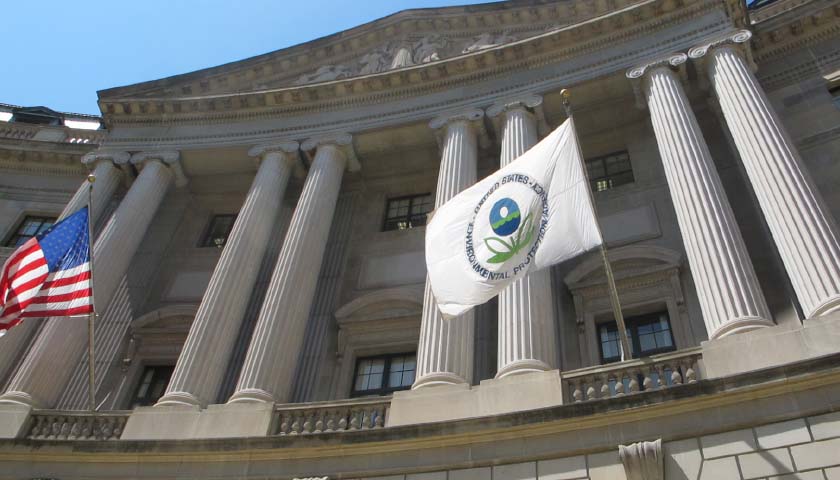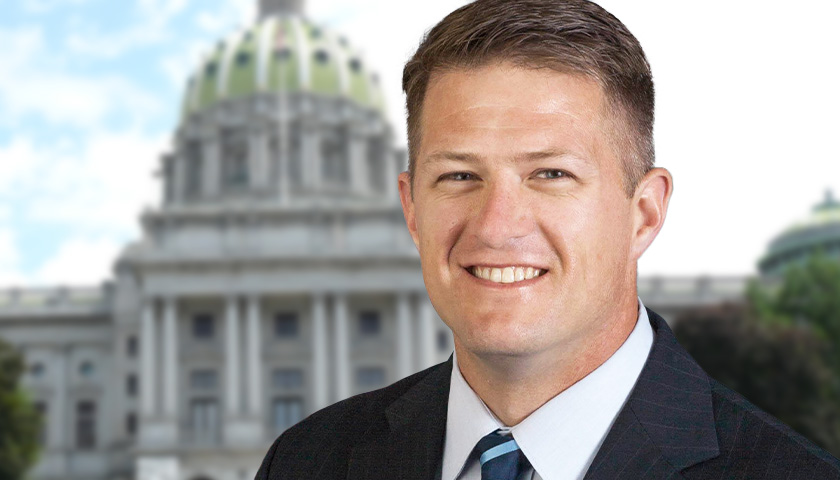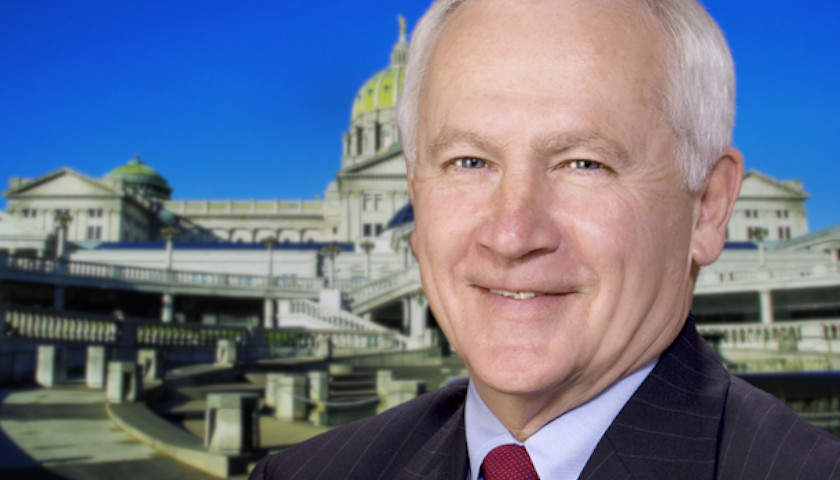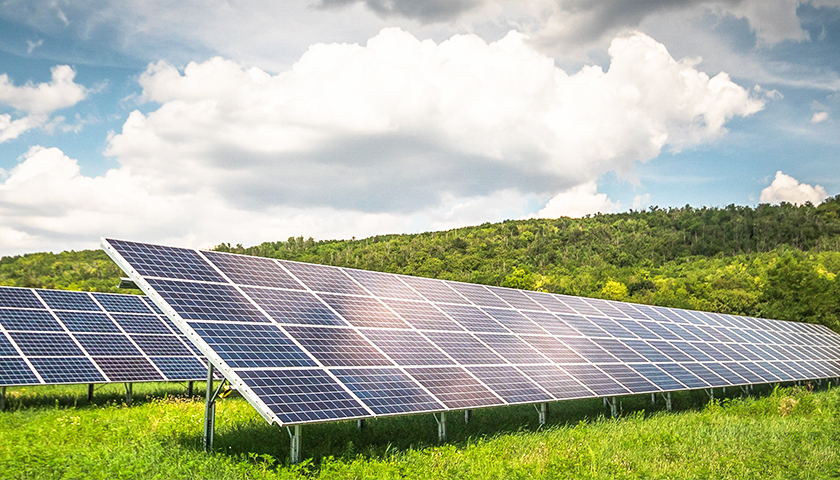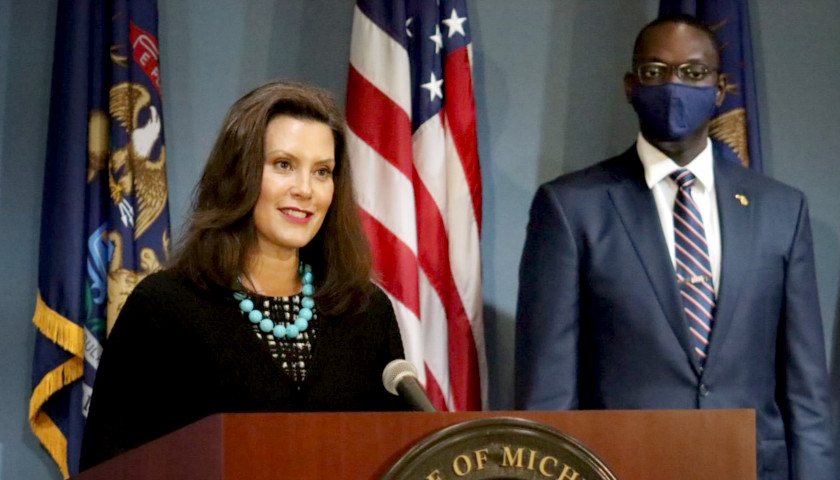by Roger Kimball “The climate crisis,” said Al Gore at the U.N. a couple of days ago, “is a fossil fuel crisis.” “What climate crisis?” you might be asking, and you would be right to do so. Yes, it is impossible to turn anywhere in our enlightened, environmentally conscious world without being beset by lectures about one’s “carbon footprint” and horror tales about “global warming,” “rising seas” and imminent ecological catastrophe. But deep down you know that it is all hooey. Mark Twain was right when he observed that it is not so much the things we don’t know that get us into trouble. Rather, the mischief is caused by things that we “do know that ain’t so.” For example, we all “know” that carbon dioxide is “bad for the environment.” (In fact, it is a prerequisite for life). We “know” that the level of carbon dioxide in the atmosphere is reaching historically unprecedented and dangerous levels. (In fact, we have, these past centuries, been living through a CO2 famine). We “know” that “global warming”— or, since there has been no warming in more than two decades, that “climate change”— has caused a sudden rise in the seas. (In fact, the seas have…
Read the full story

